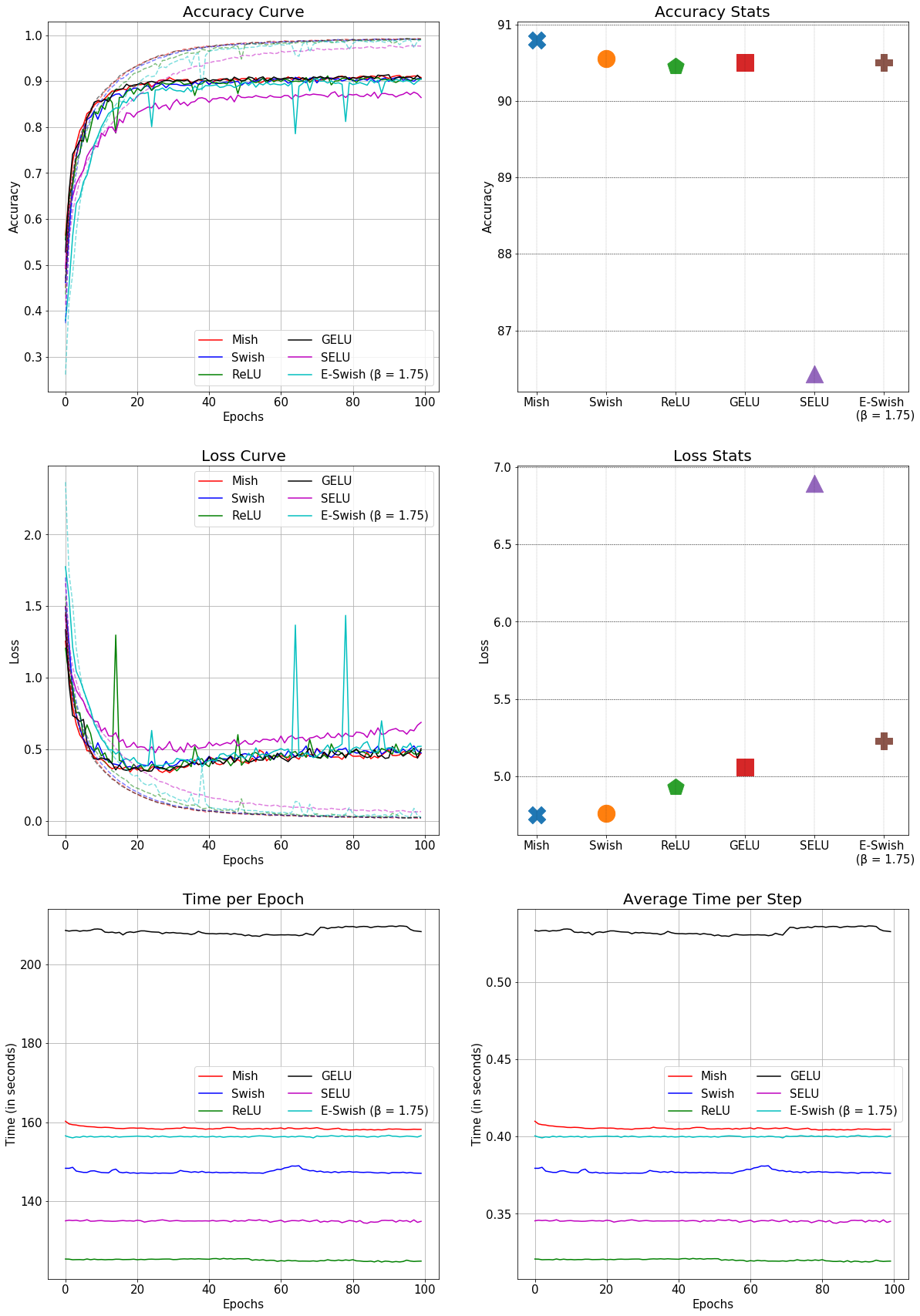When attempting to train a Multilayer Perception Classifier, I occasionally get the following type of exception. I have been able to replicate this with both the MCC and FBeta metrics. Unfortunately this exception does not occur consistently even with the same dataset.
[2020-04-04 22:32:21] production.ERROR: Undefined offset: 0 {"exception":"[object] (ErrorException(code: 0): Undefined offset: 0 at /[REDACTED]/vendor/rubix/ml/src/CrossValidation/Metrics/MCC.php:107)
[stacktrace]
#0 /[REDACTED]/vendor/rubix/ml/src/CrossValidation/Metrics/MCC.php(107): Illuminate\\Foundation\\Bootstrap\\HandleExceptions->handleError()
#1 /[REDACTED]/vendor/rubix/ml/src/Classifiers/MultilayerPerceptron.php(414): Rubix\\ML\\CrossValidation\\Metrics\\MCC->score()
#2 /[REDACTED]/vendor/rubix/ml/src/Classifiers/MultilayerPerceptron.php(360): Rubix\\ML\\Classifiers\\MultilayerPerceptron->partial()
#3 /[REDACTED]/vendor/rubix/ml/src/Pipeline.php(189): Rubix\\ML\\Classifiers\\MultilayerPerceptron->train()
#4 /[REDACTED]/vendor/rubix/ml/src/PersistentModel.php(191): Rubix\\ML\\Pipeline->train()
#5 /[REDACTED]/app/Console/Commands/TrainModel.php(89): Rubix\\ML\\PersistentModel->train()
#6 [internal function]: App\\Console\\Commands\\TrainModel->handle()
#7 /[REDACTED]/vendor/laravel/framework/src/Illuminate/Container/BoundMethod.php(32): call_user_func_array()
#8 /[REDACTED]/vendor/laravel/framework/src/Illuminate/Container/Util.php(36): Illuminate\\Container\\BoundMethod::Illuminate\\Container\\{closure}()
#9 /[REDACTED]/vendor/laravel/framework/src/Illuminate/Container/BoundMethod.php(90): Illuminate\\Container\\Util::unwrapIfClosure()
#10 /[REDACTED]/vendor/laravel/framework/src/Illuminate/Container/BoundMethod.php(34): Illuminate\\Container\\BoundMethod::callBoundMethod()
#11 /[REDACTED]/vendor/laravel/framework/src/Illuminate/Container/Container.php(592): Illuminate\\Container\\BoundMethod::call()
#12 /[REDACTED]/vendor/laravel/framework/src/Illuminate/Console/Command.php(134): Illuminate\\Container\\Container->call()
#13 /[REDACTED]/vendor/symfony/console/Command/Command.php(255): Illuminate\\Console\\Command->execute()
#14 /[REDACTED]/vendor/laravel/framework/src/Illuminate/Console/Command.php(121): Symfony\\Component\\Console\\Command\\Command->run()
#15 /[REDACTED]/vendor/symfony/console/Application.php(912): Illuminate\\Console\\Command->run()
#16 /[REDACTED]/vendor/symfony/console/Application.php(264): Symfony\\Component\\Console\\Application->doRunCommand()
#17 /[REDACTED]/vendor/symfony/console/Application.php(140): Symfony\\Component\\Console\\Application->doRun()
#18 /[REDACTED]/vendor/laravel/framework/src/Illuminate/Console/Application.php(93): Symfony\\Component\\Console\\Application->run()
#19 /[REDACTED]/vendor/laravel/framework/src/Illuminate/Foundation/Console/Kernel.php(129): Illuminate\\Console\\Application->run()
#20 /[REDACTED]/artisan(37): Illuminate\\Foundation\\Console\\Kernel->handle()
#21 {main}
"}
The following code is capable to recreating this error occasionally.
$estimator = new PersistentModel(
new Pipeline(
[
new TextNormalizer(),
new WordCountVectorizer(10000, 3, new NGram(1, 3)),
new TfIdfTransformer(),
new ZScaleStandardizer()
],
new MultilayerPerceptron([
new Dense(100),
new PReLU(),
new Dense(100),
new PReLU(),
new Dense(100),
new PReLU(),
new Dense(50),
new PReLU(),
new Dense(50),
new PReLU(),
], 100, null, 1e-4, 1000, 1e-4, 10, 0.1, null, new MCC())
),
new Filesystem($modelPath.'classifier.model')
);
$estimator->setLogger(new Screen('train-model'));
$estimator->train($dataset);The labelled dataset used is a series of text files split into different directories that indicate their class names. This dataset is built using the following function.
public static function buildLabeled(): Labeled
{
$samples = $labels = [];
$directories = glob(storage_path('app/dataset/*'));
foreach($directories as $directory) {
foreach (glob($directory.'/*.txt') as $file) {
$text = file_get_contents($file);
$samples[] = [$text];
$labels[] = basename($directory);
}
}
return Labeled::build($samples, $labels);
}Training should complete without any errors within the metric class.












